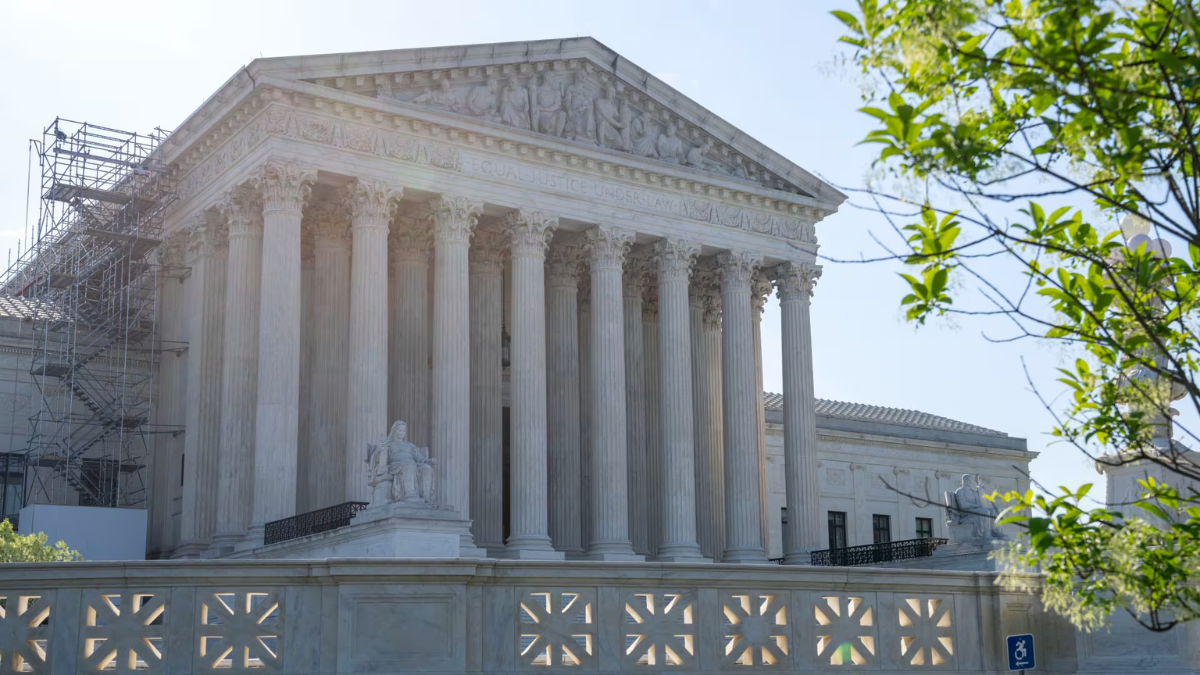Recent Supreme Court decisions have significantly influenced various aspects of federal policies, including benefits provided by the U.S. Department of Veterans Affairs (VA). These rulings can affect how veterans receive disability compensation, healthcare services, and other essential benefits. Understanding the legal changes and their implications is crucial for veterans, their families, and advocates working to ensure fair access to services.
This article explores the impact of recent Supreme Court rulings on VA benefits, including changes to eligibility criteria, disability claims, and legal protections for veterans.
Key Supreme Court Rulings Affecting VA Benefits
1. Expanded Rights for Veterans’ Disability Claims
One of the most notable Supreme Court decisions in recent years has reinforced the rights of veterans seeking disability compensation. The ruling clarified that the VA must adhere to a more veteran-friendly interpretation of benefit claims, particularly in cases where medical evidence is inconclusive.
This decision strengthens the “benefit of the doubt” doctrine, which requires the VA to rule in favor of veterans when evidence is evenly balanced. As a result, more veterans with service-connected disabilities may qualify for compensation, even if their medical history lacks definitive proof of a direct service link.
2. Changes to VA Back Pay and Retroactive Benefits
Another recent ruling has impacted how veterans receive retroactive disability benefits. Previously, veterans could be entitled to significant back pay if they successfully proved a service connection after an initial denial. However, the Supreme Court’s decision has placed limits on how far back these payments can extend.
Under the new interpretation, veterans must demonstrate a clear legal basis for reopening claims if they wish to receive retroactive compensation. This change underscores the importance of filing well-documented claims and seeking assistance from veterans’ service organizations (VSOs) to navigate the appeals process effectively.
3. VA Healthcare Access and Private Medical Providers
The Supreme Court has also ruled on cases involving veterans’ access to private healthcare providers under the VA’s Community Care Program. Some veterans have sued the VA for delays in care, arguing that they should have greater access to non-VA providers when wait times are excessive.
Recent rulings have reinforced veterans’ rights to seek private healthcare under certain conditions, particularly when VA medical centers cannot provide timely treatment. This change benefits veterans living in rural areas or those requiring specialized medical services not readily available within the VA system.
Legal Protections and Veteran Rights
4. Protection Against Discrimination in VA Benefits
A key Supreme Court ruling has strengthened legal protections for veterans facing discrimination in employment, education, and housing benefits. The decision clarified that veterans are entitled to the same anti-discrimination protections as other federally protected groups, ensuring they are not denied VA benefits based on factors such as race, gender, or disability status.
This ruling is particularly significant for veterans who rely on VA-backed housing loans, GI Bill benefits, or disability accommodations in the workplace. It ensures that federal and state agencies uphold fair treatment standards when administering VA benefits.
5. VA Benefits for Surviving Spouses and Families
Another Supreme Court decision has addressed eligibility rules for surviving spouses and dependents of deceased veterans. In some cases, family members have struggled to access Dependency and Indemnity Compensation (DIC) due to bureaucratic hurdles or outdated eligibility criteria.
The Court’s ruling has expanded access to benefits by simplifying the application process and ensuring that widows, widowers, and dependents receive timely assistance. This decision provides much-needed relief to families facing financial hardships after the loss of a veteran.
How Veterans Can Protect Their Benefits
1. Stay Informed on Policy Changes
Supreme Court rulings can reshape VA policies and procedures. Veterans should regularly check the VA website and trusted legal resources to stay informed about new benefit rules and eligibility requirements.
2. Seek Legal and Advocacy Support
Veterans experiencing difficulties with their claims can seek help from Veterans Service Organizations (VSOs) such as the American Legion, Disabled American Veterans (DAV), or Veterans of Foreign Wars (VFW). These organizations offer free assistance with claims, appeals, and legal guidance.
3. File Claims Correctly and on Time
With new legal interpretations affecting disability claims, veterans must ensure their applications are thoroughly documented. Gathering medical records, service history documents, and expert opinions can improve the chances of claim approval.
Conclusion
Recent Supreme Court decisions have had a profound impact on VA benefits, affecting disability compensation, healthcare access, and legal protections for veterans. While some rulings have expanded rights, others have placed new limitations on retroactive benefits and claims procedures.
Veterans must stay informed and proactive in securing their benefits. By seeking assistance from legal experts and advocacy groups, they can better navigate the evolving landscape of VA policies and ensure they receive the support they deserve.
For more information on veterans’ legal rights and benefits, visit the U.S. Department of Veterans Affairs.
Disclaimer – Our team has carefully fact-checked this article to make sure it’s accurate and free from any misinformation. We’re dedicated to keeping our content honest and reliable for our readers.






